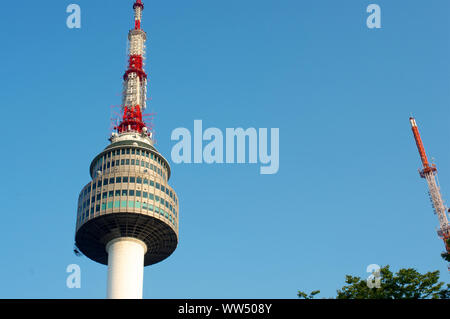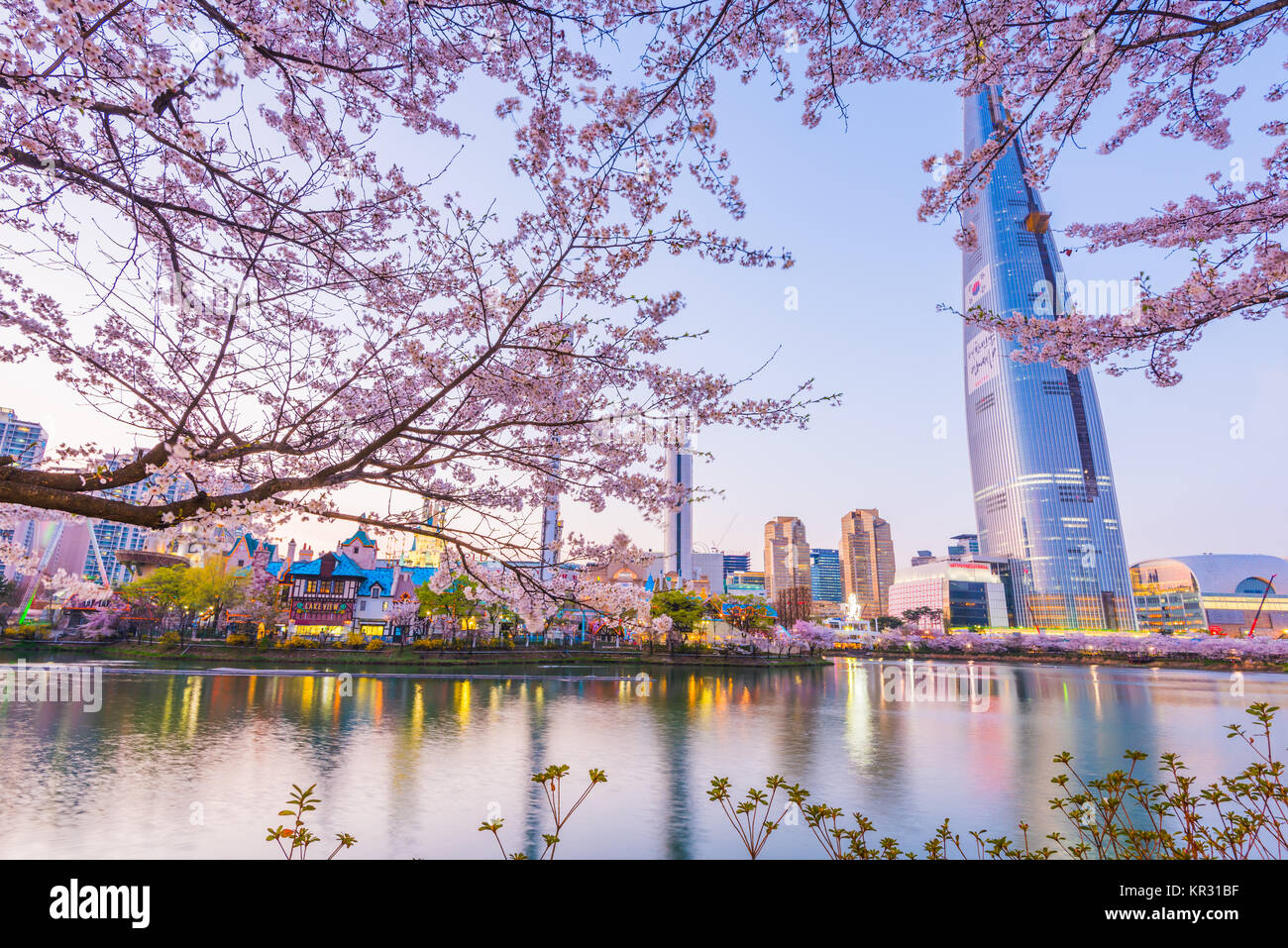

I use the “Air Matters” app, which automatically notifies you on a daily basis to the levels of pollution in Seoul, and how unhealthy it is for you. The level of pollution is determined by wind patterns and how much pollution from Mainland China makes its way to South Korea, so if you are particularly sensitive to or conscious of air pollution and its affect on your health, I recommend checking this on a daily basis. The air quality in Korea can be polluted to unhealthy levels. I recommend doing this before you arrive, so you know that you have one fail safe option that you can use to find your location, or show it to someone like a taxi driver.Īndroid: 4. Using an offline map app such as by MAPS.ME allows you to download the map of your location (Seoul in this case) to your phone, and drop a pin on your destination.

This mostly applies to situations where I know I will be without wifi, or I have limited access. Google maps isn’t the native map to Korea (see Naver Maps app for the native Korean map app), so I’ve sometimes found that some locations are missing, but it’s the most user-friendly map app if you feel more comfortable using an app that’s in English. Just enter your starting location and your destination (easily clickable on the map or searchable), and you’ll be given route options that will tell you which subway line to ride, where to transfer, and how long the trip will be. To further simplify navigation, I recommend downloading the Seoul Subway app. Once you understand how the subway system works, it’s very clear how to navigate almost anywhere. While Seoul can be a comfortable place to live once understanding the lay of the land, it can just as easily appear confusing and intimidating to those new to the city and country.įor those bringing a smartphone with them, below is a list of apps that can make acclimating to life in Korea much easier: 1. Professor Kim, Young-hwue of the Department of Cardiology saw his condition and then immediately contacted Professor Yun, Tae-jin of the Pediatric Cardiac. After traveling for 70 km by bus for four hours, Srijan arrived at the clinic camp in the arms of his mother. The news that AMC’s volunteer team would visit Nepal on January 11 was like a beam of light in the dark night to Srijan’s parents.

He needed surgery urgently, but it was impossible in Nepal where good medical care is limited. Srijan, a baby born in Nepal on Decem(male, 1 year old) was diagnosed with transposition of great arteries, which is a congenital heart defect, and given three days to live.

The 12th Asan Medical Center Neurosurgical ForumĪ gift of a new heart to a Nepalese newborn with a few days to live Professor Duk-Woo Park gives invited lecture at Harvard Medical School, U.Īsan Medical Center, World’s 29th and Korea’s No.


 0 kommentar(er)
0 kommentar(er)
